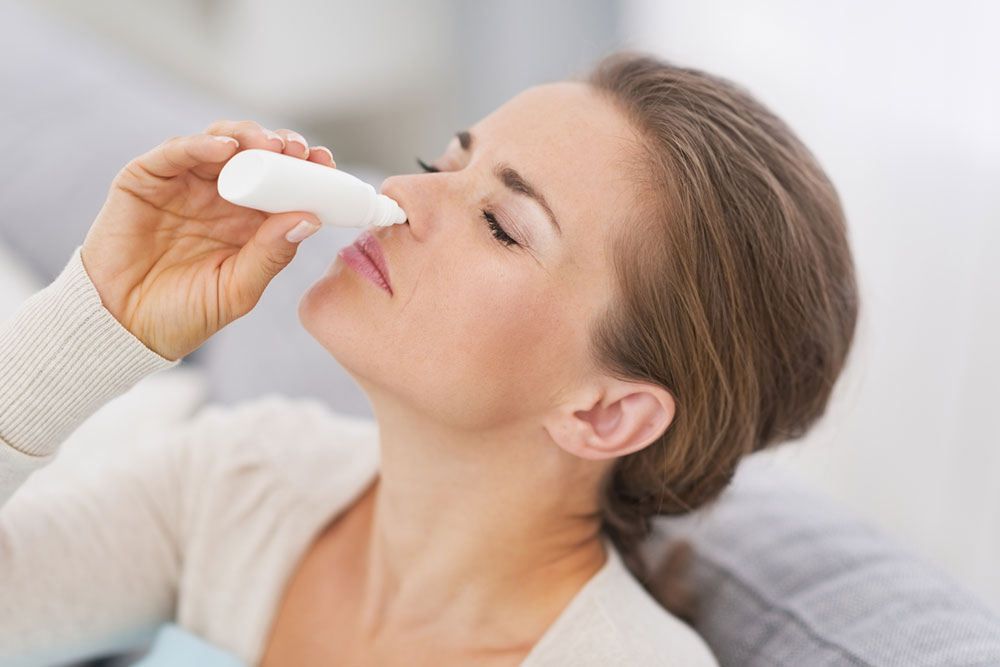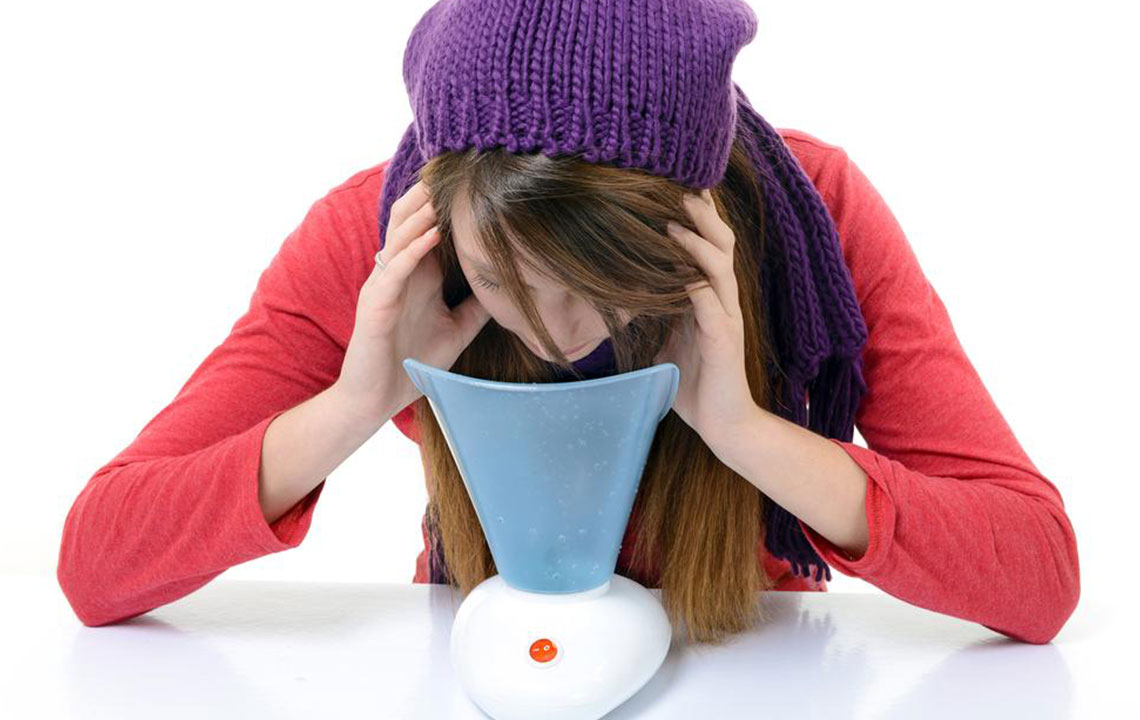Effective Strategies to Prevent Post-Nasal Drip Cough
Learn effective methods to prevent and manage post-nasal drip cough. This guide covers causes, symptoms, medications, and home remedies to help you find relief quickly. Early intervention can prevent complications and improve comfort, whether from allergies, sinusitis, or other irritants.

Effective Strategies to Prevent Post-Nasal Drip Cough
Post-nasal drip cough occurs when excessive mucus from the nasal passages drips down the back of the throat, leading to persistent coughing. This condition is often intensified by allergies, colds, sinus infections, or irritants like dust and smoke. The mucus acts as a natural cleanser for nasal tissues but can become thick and hard to clear, causing irritation, sore throat, and ear infections. Managing this condition early is crucial to avoid discomfort and complications.
Common causes include respiratory infections, allergies, acid reflux, and irritants such as pollen or pollution. Thick mucus buildup can be challenging to expel, resulting in a constant cough and throat irritation. Sinusitis, a severe and chronic cause, may require medical intervention including antibiotics or minor surgery to drain the sinuses.
The mucus associated with post-nasal drip can harbor bacteria, leading to tonsil stones and bad breath. It often accompanies allergies or sinus issues, which can be managed with medications like antihistamines, nasal steroids, or allergy shots. Symptoms include coughing, throat clearing, sore throat, nasal congestion, and fatigue.
Topical nasal steroids such as Flonase and Nasacort can provide quick relief, often within hours to days. Oral antihistamines like Claritin, Allegra, or Xyzal work effectively without causing sedation. Nasal sprays like Azelastine and Ipratropium can reduce mucus and coughing. Decongestants such as Claritin-D or Allegra-D may be used cautiously, especially if blood pressure is a concern. For long-term control, leukotriene inhibitors like Singulair or Accolate are options, though they can be costly.
Home remedies are also beneficial; rinsing with warm saltwater, using breath freshening sprays, and maintaining good hydration help soothe the throat and reduce mucus accumulation. Proper management can significantly alleviate symptoms of post-nasal drip cough and improve quality of life.
Disclaimer: Our website provides general information based on research but should not replace professional medical advice. Always consult a healthcare provider for diagnosis and treatment tailored to your condition.










